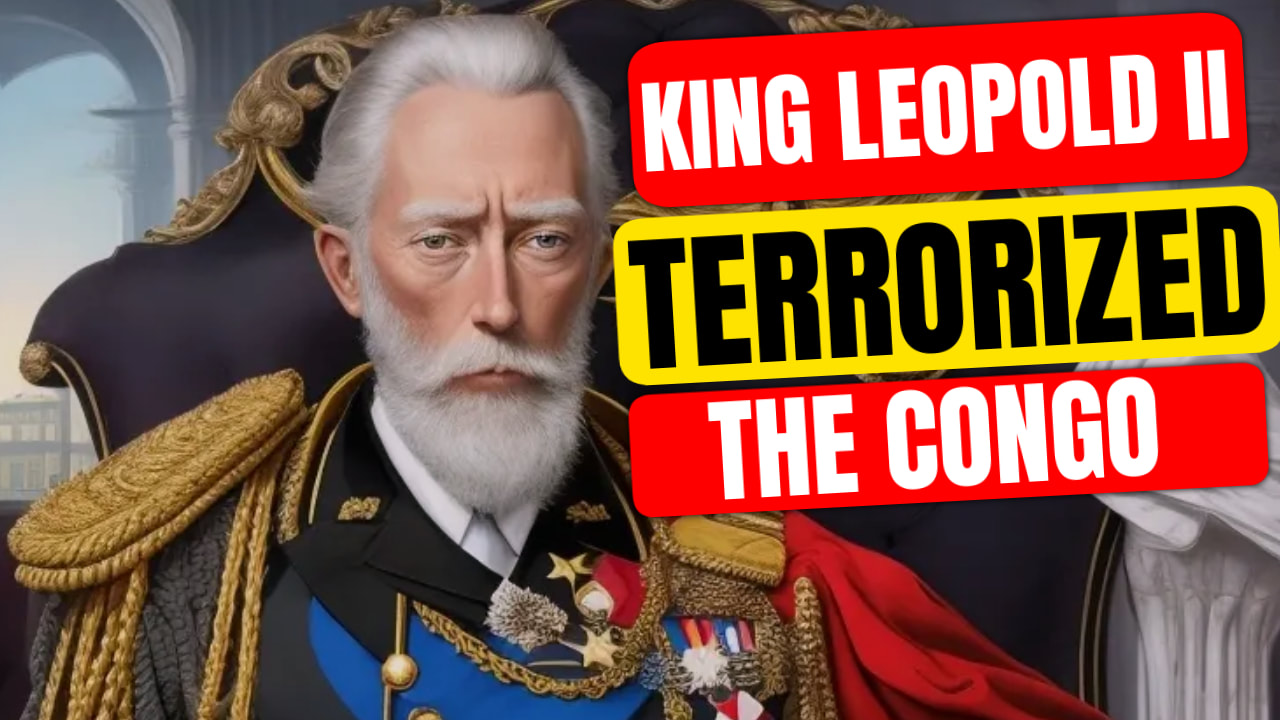|
The invasion of the Congo by King Leopold II of Belgium in the late 19th century was primarily driven by the quest for rubber and other valuable natural resources. Leopold established control over the Congo Free State, exploiting its resources and its people for his personal gain. Under the guise of philanthropy and "civilizing" efforts, Leopold's rule was marked by horrific atrocities. He employed a brutal system to extract rubber and ivory, imposing harsh quotas on Congolese people, forcing them into labor, and punishing those who didn't meet these demands. The Congo Free State's indigenous population suffered immensely due to these devilish practices. Forced labor conditions were egregious, leading to widespread abuse, violence, and death. Congolese villagers were subjected to extreme violence if they failed to meet rubber quotas or resisted the exploitative practices. This often included mutilations, such as cutting off hands, as a means of punishment or a deterrent against rebellion. Countless atrocities occurred during Leopold's rule, including indiscriminate killings, widespread torture, and the destruction of communities. Estimates suggest that millions of Congolese lost their lives due to the brutal exploitation and harsh conditions imposed by the Belgian administration. Additionally, diseases and famines ravaged communities due to the disruption of traditional ways of life and forced labor practices. The extensive documentation of these atrocities by missionaries, journalists, and investigators led to an international outcry against Leopold's rule in the Congo. Public pressure eventually forced the Belgian government to take control of the Congo from Leopold in 1908, resulting in the establishment of the Belgian Congo. The legacy of King Leopold II's exploitation of the Congo Free State remains a brutal and terroristic chapter in Congolese history. The atrocities committed during his reign continue to be remembered as one of the most tragic episodes of European colonialism in Africa. The impact of these horrific events on the Congolese people and the country as a whole has been profound, influencing the social, economic, and political landscape of the region for generations.
0 Comments
Leave a Reply. |
Details
Categories
All
Click Here to join our mailing list
|
Contact Us: |
Connect With Us |
Site powered by PIT Web Design


 RSS Feed
RSS Feed



